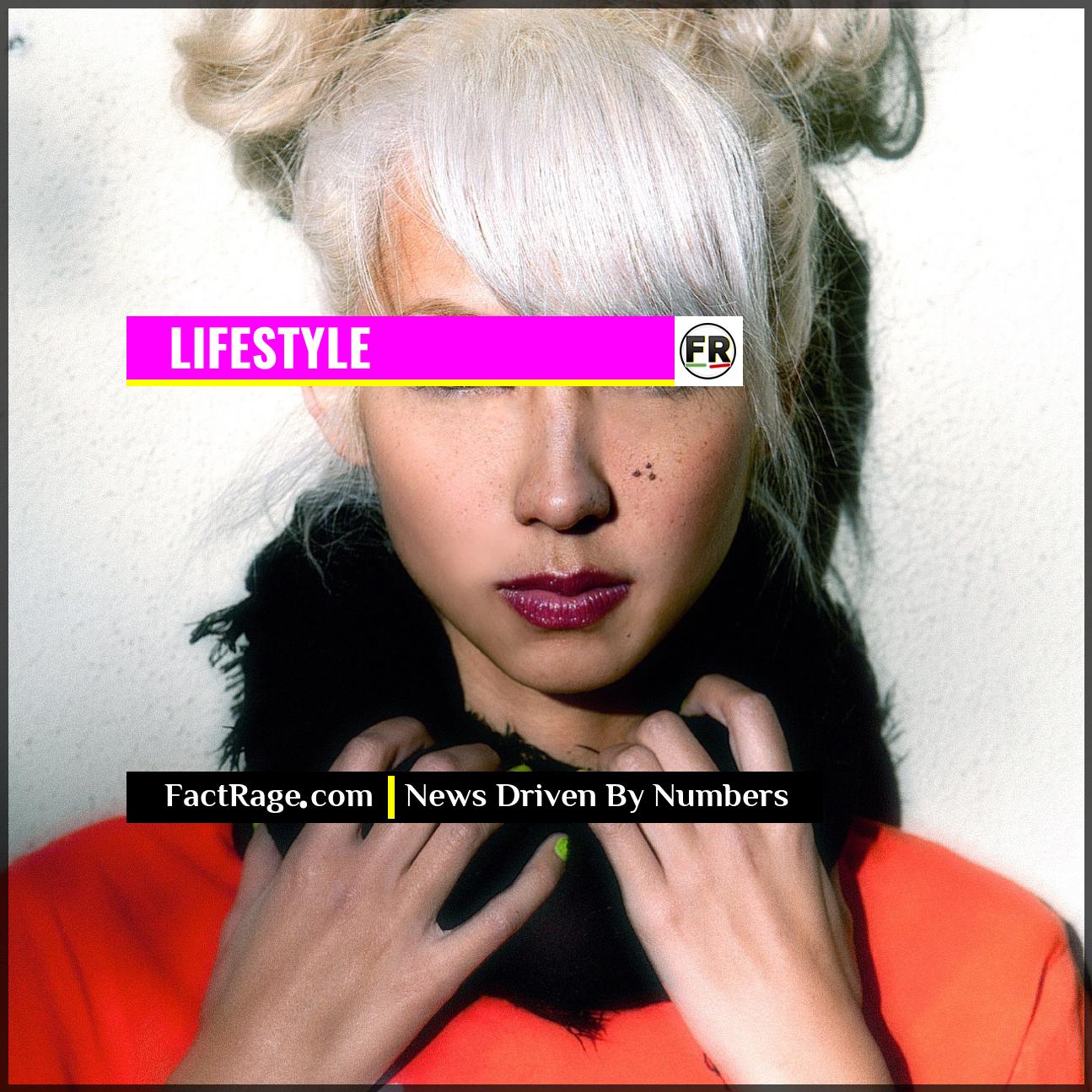HOLLYWOOD – In the year since Bruce Willis’s family shared his diagnosis of frontotemporal dementia, their candidness has transformed a private struggle into a powerful public lesson on a widely misunderstood neurological disease.
- A Devastating Diagnosis – Frontotemporal dementia (FTD) is the most common form of dementia for Americans under the age of 60, yet it often takes years to diagnose correctly.
- The ‘Willis Effect’ – Advocacy groups report a significant increase in public inquiries, website traffic, and donations, directly linking the surge to the family’s public statements.
- The Caregiver Experience – A central part of the family’s message focuses on the immense, often invisible, burden placed on caregivers, shifting the conversation to include their well-being.
This public journey, led by Willis’s wife Emma Heming Willis, his ex-wife Demi Moore, and his children, has moved beyond a simple health update. It has become a case study in the power of transparency and its tangible effects on the communities grappling with a devastating diagnosis.
Beyond the Headlines: A Story of Family, Care, and Connection
![]() A famous name can often obscure the deeply human story unfolding behind the scenes. Yet, in the case of Bruce Willis and his family, their public journey with FTD has done the opposite, peeling back the layers of celebrity to reveal a universal truth. A diagnosis doesn’t just impact a patient; it reshapes an entire family, testing the bonds of love and support. Their story has become a powerful lesson in advocacy and the profound, often invisible, challenges faced by caregivers everywhere.
A famous name can often obscure the deeply human story unfolding behind the scenes. Yet, in the case of Bruce Willis and his family, their public journey with FTD has done the opposite, peeling back the layers of celebrity to reveal a universal truth. A diagnosis doesn’t just impact a patient; it reshapes an entire family, testing the bonds of love and support. Their story has become a powerful lesson in advocacy and the profound, often invisible, challenges faced by caregivers everywhere.
Read On…
Here’s how one family’s openness is creating a tidal wave of awareness, changing the conversation around a misunderstood disease, and illuminating the realities of caregiving.
What Makes Frontotemporal Dementia Different?

While many people associate dementia with the memory loss characteristic of Alzheimer’s, FTD presents a different and often more confounding picture. It is a group of brain disorders caused by the degeneration of the frontal and/or temporal lobes of the brain, the areas generally associated with personality, behavior, and language.
This means the initial symptoms are often not memory-related. Instead, they can include:
- Drastic changes in personality and behavior
- Socially inappropriate or impulsive actions
- Apathy and a loss of empathy for others
- Difficulties with language, both in speaking and comprehension
Because these symptoms can be mistaken for depression, bipolar disorder, or other psychiatric conditions, the path to a correct diagnosis is often long and frustrating. According to The Association for Frontotemporal Degeneration (AFTD), the average time to receive an accurate FTD diagnosis is 3.6 years, a period filled with uncertainty and stress for both patients and their families.
How One Family’s Story Created a ‘Tidal Wave’ of Awareness
When the Willis family released their statement in February 2023, they gave a name to a struggle that thousands of families face in isolation. The impact was immediate and measurable. The AFTD reported that in the 48 hours following the announcement, its website traffic skyrocketed by over 7,000%, and it received a wave of donations from the public.
Susan Dickinson, CEO of the AFTD, has referred to the family’s advocacy as creating a “tidal wave of awareness.” This “Willis effect” serves two crucial purposes. First, it educates the public and even some medical professionals about the existence and symptoms of FTD, potentially shortening that difficult diagnostic journey for others. Second, it helps to destigmatize the often-baffling behavioral changes associated with the disease, fostering greater compassion and understanding. Emma Heming Willis has been particularly vocal, using her platform to share the daily realities of the disease and to advocate for fellow caregivers.
Why the Focus on Caregiving Matters
Perhaps the most profound impact of the Willis family’s story is the light it shines on the experience of caregiving. In her public posts and interviews, Emma Heming Willis has spoken about the immense grief, isolation, and exhaustion that come with being a “care partner.” This is a critical shift in the public narrative, which often focuses solely on the patient.
Caring for someone with FTD presents unique challenges. The personality and behavioral changes can make the person seem like a stranger, leading to a form of grief known as “ambiguous loss,” where the person is physically present but psychologically absent in familiar ways. Caregivers often become the frontline managers of difficult behaviors while navigating their own emotional turmoil.
By sharing this reality, the Willis family is validating the experiences of countless unsung caregivers and highlighting the urgent need for better support systems. Their journey underscores that a diagnosis like FTD doesn’t just happen to one person—it happens to an entire family, and the health and well-being of the caregiver is an essential part of the equation. This public conversation is a vital step toward building communities of care that recognize and support everyone affected by the disease.
From Private Pain to Public Purpose
![]() The journey of the Willis family serves as a powerful reminder that behind every diagnosis is a network of human connection, tested and reshaped by circumstance. Their decision to transform a private struggle into a public conversation does more than just raise awareness for a disease; it offers a map for navigating the difficult terrain of grief, care, and ambiguous loss with grace. It challenges us all to look beyond the patient to see the entire ecosystem of support, finding the universal in a deeply personal story and illuminating a more compassionate path forward for all who face the unknown.
The journey of the Willis family serves as a powerful reminder that behind every diagnosis is a network of human connection, tested and reshaped by circumstance. Their decision to transform a private struggle into a public conversation does more than just raise awareness for a disease; it offers a map for navigating the difficult terrain of grief, care, and ambiguous loss with grace. It challenges us all to look beyond the patient to see the entire ecosystem of support, finding the universal in a deeply personal story and illuminating a more compassionate path forward for all who face the unknown.














